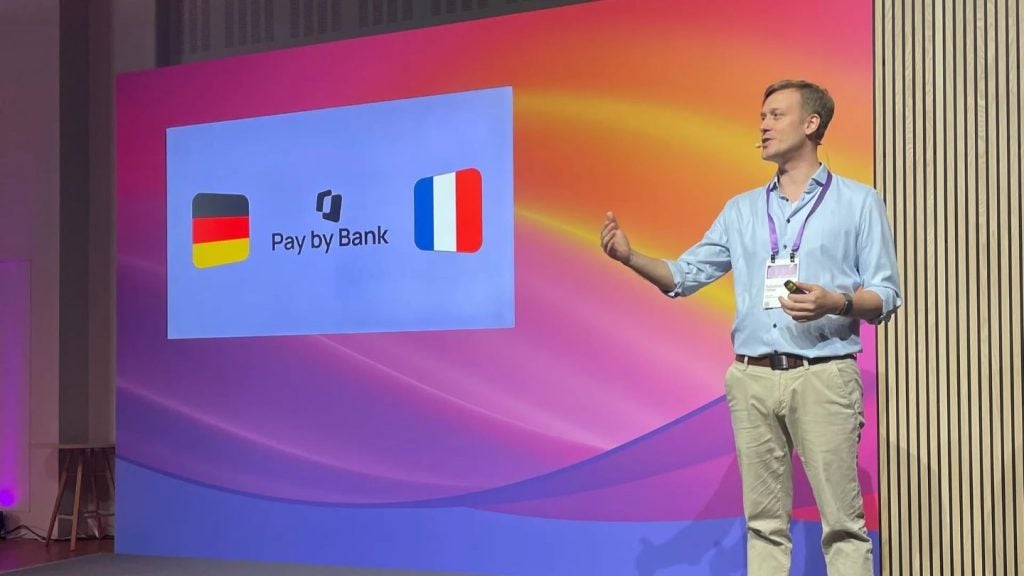With much of its population living in rural areas or smaller towns, a relatively underdeveloped payment infrastructure means Lithuania remains a largely cash-dominated economy. ATM withdrawal values tend to be high, although the government and central bank are taking steps to change local attitudes to cards
Lithuania remains a cash-dominated economy, although payment cards are gradually gaining prominence. Cash accounted for 68.8% of the country’s payments transaction volume in 2016.
Much of the population in rural and remote areas prefers cash, due to limited access to payment infrastructure and low awareness of payment card benefits.
Payment cards are primarily used for high-value withdrawals from ATMs. The average transaction value at ATMs rose from $138.0 (€107.4) in 2012 to $146.8 in 2016. ATM card transactions accounted for 64.6% of the total transaction value in 2016.
A lack of adequate infrastructure is restricting the growth of the country’s payment cards market. According to the central bank, in 2015 41% of the country’s population with a payment card found a shortage in the number of POS terminals at fairs, 21% at beauty and beauty salons, 16% at healthcare facilities, and 14% at small rural shops and post offices.
The central bank’s financial inclusion programmes and sustained efforts to reduce the use of cash are expected to increase payment card transaction volumes and values over the forecast period (2017–2021).

US Tariffs are shifting - will you react or anticipate?
Don’t let policy changes catch you off guard. Stay proactive with real-time data and expert analysis.
By GlobalData
The central bank of Lithuania took a number of initiatives in the form of financial literacy programmes for children during the review period (2012–2016). In October 2016, the central bank of Lithuania required banks to offer basic banking products and services at no more than $1.7 per month, while for low-income consumers the monthly charge cannot exceed $0.83.
The central bank organised a series of events, including Children’s Financial Education Week in March 2015. The event featured specialists from the Association of Lithuanian Banks, Swedbank, SEB Bank and DNB Bank, which helped children to become acquainted with the country’s financial system. Such initiatives are anticipated to encourage electronic payments over the forecast period.

Salary accounts lead debit card issue
Banks in Lithuania are increasingly focusing on working individuals to increase their customer base and debit card penetration, and Swedbank, SEB Bank and Danske Bank offer a number of benefits to salaried account holders.
Swedbank offers a contactless debit MasterCard free of charge. The bank also offers housing and consumer loans at preferential rates for salaried customers. Similarly, SEB Bank offers a range of benefits to individuals who receive salaries into bank accounts.
Banks are also targeting other markets such as senior citizens and students. For instance, senior citizens who open accounts with SEB Bank are offered a choice of five debit cards, SMS service, a cash pickup facility and internet banking. Students receive the SEB Mylimiausia MasterCard debit card and a choice of MasterCard Standard credit card or Visa Classic credit card. Other benefits include discounts on in-store and online purchases, internet banking and SMS alerts.
Credit card payments yet to gain ground
Credit card penetration in Lithuania was 15.1 cards per 100 individuals in 2016, lower than regional peers Sweden (135.3), Latvia (40.0) and Estonia (26.7).
Growth in Lithuania’s credit card market is largely restricted by a general consumer inclination towards debit cards.
Credit card use is still relatively unpopular in smaller towns, and acceptance by traditional merchants such as beauty salons and healthcare facilities is limited.







